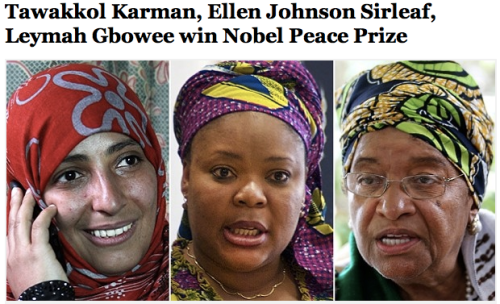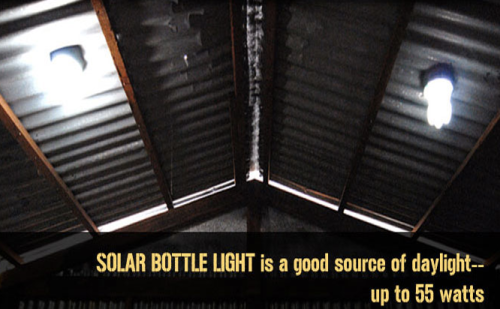
Mobile Technology, Kiosks, and Last Mile Distribution: Three Trends in Rural/BoP Social Enterprise
In her Blog Post, Jessica Santana, follows three trending tools in Rural/BoP models which, “currently show great promise in terms of financial self-sustenance, scalability, and provision of tangible social benefits to low-income people.” Non-financial services via mobile devices: health, agricultural, and other information Africa embodies the promise of mobile communication. Mobile cellular subscriptions in Africa have skyrocketed from 11 million to 333 million over the past ten years. Nearly half of all African villages are covered by mobile networks. Africa has led the world in the adoption and penetration of mobile-based money transfer solutions. Nearly all of the … Continue reading Mobile Technology, Kiosks, and Last Mile Distribution: Three Trends in Rural/BoP Social Enterprise







